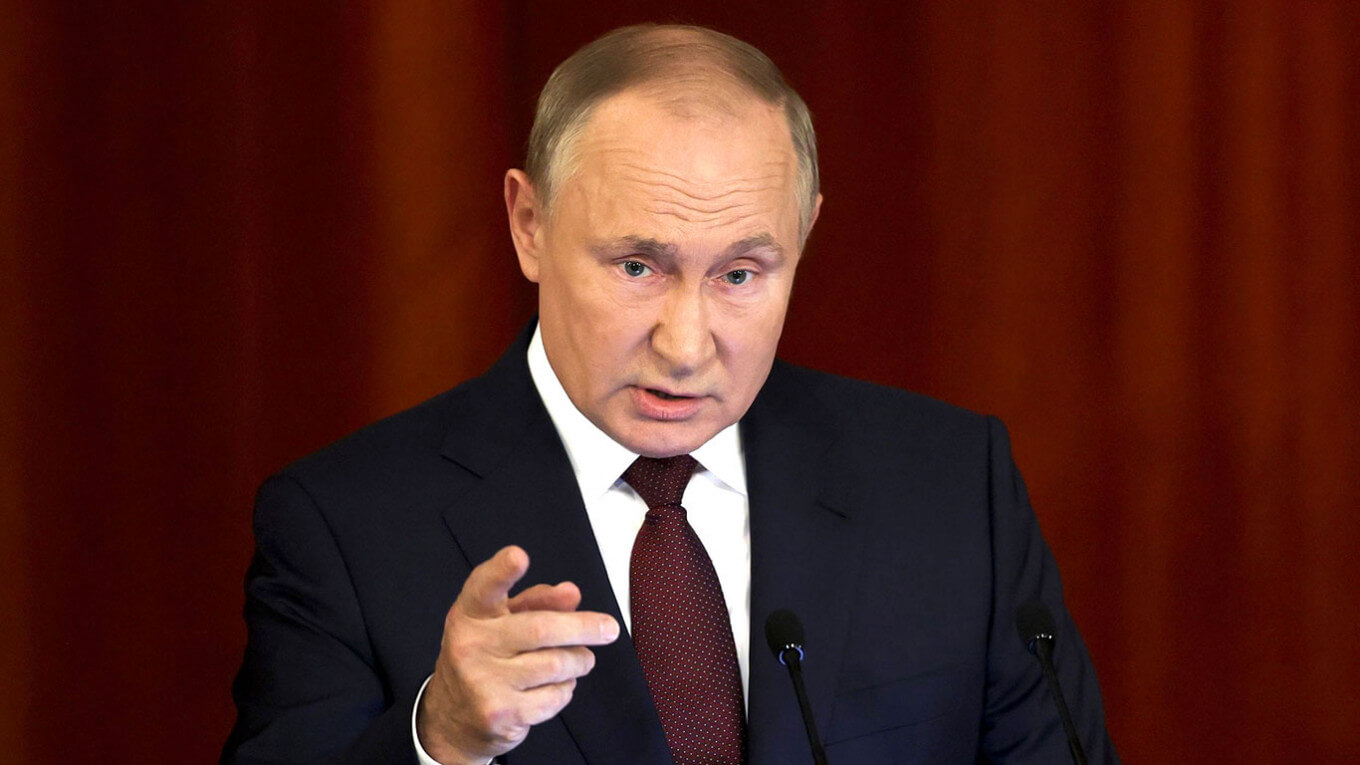On Friday, the Kremlin criticised a proposed resolution in the United States (US) Congress to ‘end recognition’ of Vladimir Putin’s position as President of Russia after 2024.
US Congressman Steve Cohen (Democrat, Tennessee), Co-Chairman of the Commission on Security and Cooperation in Europe, and Ranking Member Congressman Joe Wilson (Republican, South Carolina) introduced a congressional resolution last Thursday that states: “Any attempt by President of the Russian Federation Vladimir Putin to remain in office beyond the end of his current and final term on May 7, 2024, shall warrant nonrecognition on the part of the United States.”
According to Cohen and Wilson, Russia’s 2020 plebiscite was highly manipulated through “state-sponsored fraud, coercion, and obfuscation,” which they argue makes it impossible to determine the Russian people’s true will. The resolution called the plebiscite a “sham vote, masquerading as a referendum,” which “swept away all remnants of Putin’s legitimacy.”
Kremlin spokesperson Dmitry Peskov has called the resolution “a perfect example not only for Russia but also for all other countries, of how the US officially interferes in the domestic affairs of other nations.”
“We consider such initiatives by [those] US congressmen to be unacceptable. We view this as interference in our affairs as we firmly believe that only the Russian people have the right to decide who should be Russia’s president and when. No other country and no lawmakers from other countries have the right to make a decision on that,” Peskov added.
Likewise, Vladimir Dzhabarov, the first deputy head of the Russian upper chamber’s international affairs committee, said, “If the resolution is adopted, it will severe relations between Russia and the US.”
In July 2020, Putin’s government secured a crucial national vote on constitutional amendments that, among other things, allows the leader to stay in power until 2036, making him the longest-serving leader in Russian history.
Watchdogs described the voting process as “least transparent” and “most manipulative” in Russian history.
On Thursday, Putin expressed a lack of satisfaction over Russia-US relations, raising the possibility of a second summit with US President Joe Biden.
The two leaders met at a bilateral summit in Geneva earlier this year to address their historic “low-relations” and discuss several thorny issues such as Ukraine’s North Atlantic Treaty Organization (NATO) membership, cybersecurity attacks, election interference, militarisation, and human rights violations. However, despite the summit in July, ties between Russia and the US continue to deteriorate at alarming levels.
Biden called out Russia’s lack of climate commitment at this year’s G20 Summit in Rome. The US also slammed Russia’s military activity after its successful anti-satellite land missile test, calling it “dangerous and irresponsible behaviour.”
On Sunday, the Kremlin responded to Washington’s concerns over the possible invasion of Ukraine, saying “this hysteria is being whipped up artificially.” Washington has particularly criticised Russia for its massive troop-build at the Ukrainian border, further destabilising the situation in eastern Ukraine that has been in conflict since 2014.
In a statement earlier this month, US Secretary of Defence Lloyd Austin showed support for Ukraine’s sovereignty, saying, “We will continue to stand with Ukraine, and we will condemn any Russian aggression against Ukraine in all its forms.”
Against this backdrop, if the US were to adopt the stance proposed by Cohen and Wilson, US and Russia ties are only likely to become weaker as the decade goes on.
Moscow Slams US Congress Resolution To “End Recognition” of Putin’s Presidency After 2024
The Kremlin labelled US lawmakers’ resolution “ridiculous, aggressive, unfriendly, and unconstructive,” and called it an interference in its domestic affairs.
November 22, 2021

Russian President Vladimir Putin IMAGE SOURCE: THE MOSCOW TIMES
